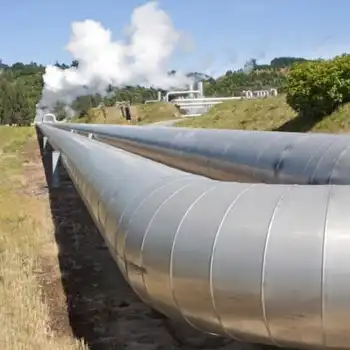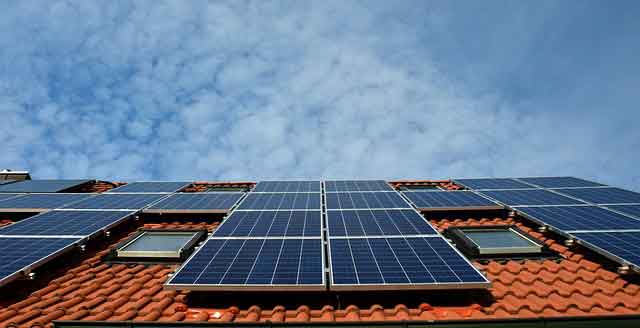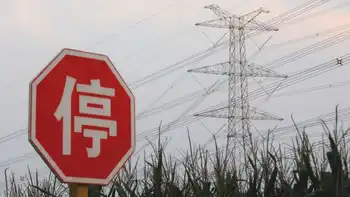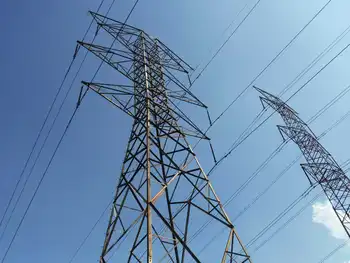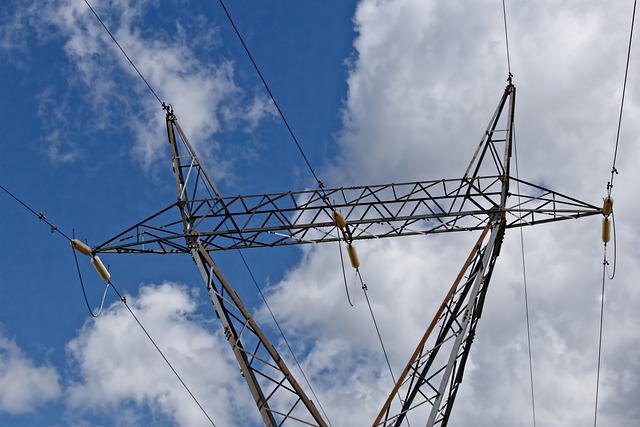DOE seeks alternative energy partners
By The Bond Buyer
Protective Relay Training - Basic
Our customized live online or in‑person group training can be delivered to your staff at your location.

- Live Online
- 12 hours Instructor-led
- Group Training Available
The program was authorized by the American Recovery and Reinvestment Act. Loans guaranteed by the federal government can be used to fund alternative energy production and manufacturing components used to generate solar, wind, geothermal, biomass, and hydroelectric power.
Development finance authorities acting as third-party lenders will be expected to provide direct debt or debt guarantees equal to at least 5% of the total project debt for the life of the loan, according to DOE documents.
The authorities would be allowed to issue revenue-backed debt or other kinds of secured debt to meet their required share of the project cost, after the department evaluates their default and loss rates over the prior 10 years.
Part of the program's novelty is that it will be the DOE's first time weighing in on the underwriting value of government-run development finance authorities, according to Steven Klein, founding partner of First Infrastructure LLC. Klein worked with the DOE on a request for information it issued October 29. The deadline for responses is January 15.
The department said it may open the program to renewable energy system manufacturing projects in which the development finance organizations - including muni issuers - could act as the lender or co-guarantor.
Klein said the DOE will be providing "an assessment of their strength, and therefore the value of their underwriting," but it will not make selections or rejections in this first stage of the program.
The DOE said it is "also seeking information for [development finance authorities] regarding any innovative and collaborative lending implementation mechanisms that utilize regional, local, or other partnerships."
Fifty-billion dollars is a conservative estimate for the amount of debt that will be guaranteed, Klein said adding that unguaranteed debt issued to complement the DOE-guaranteed loans is likely to include municipal bonds. He could not estimate the total amount of muni bond issuance that would result.
The Council of Development Finance Agencies, a group representing more than 265 public, private and nonprofit development entities, said the program will encourage the use of loan guarantees that have been underused for years.
Agencies "would be able to issue taxable bonds and still be able to participate in this program," said Brian M. Anderson, education and policy manager for the CDFA.
"Also, there would be the question of whether [Build America Bonds] or [Recovery Zone Economic Development Bonds] would be able to be used for government-owned energy projects," Anderson added.
The loan guarantees are expected to be either on parity with, or senior to, other debt. That structure would be "sort of the opposite of TIFIA," or the Transportation Infrastructure Financing and Innovation Act program, Klein said.
TIFIA supplies Treasury-rate loans and credit assistance to public and private entities for transportation projects. TIFIA credit is usually subordinate to the project's capital market or commercial bank debt, except in cases of bankruptcy, insolvency, or liquidation, which automatically springs TIFIA up to parity debt.





